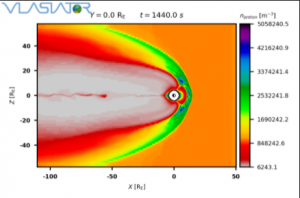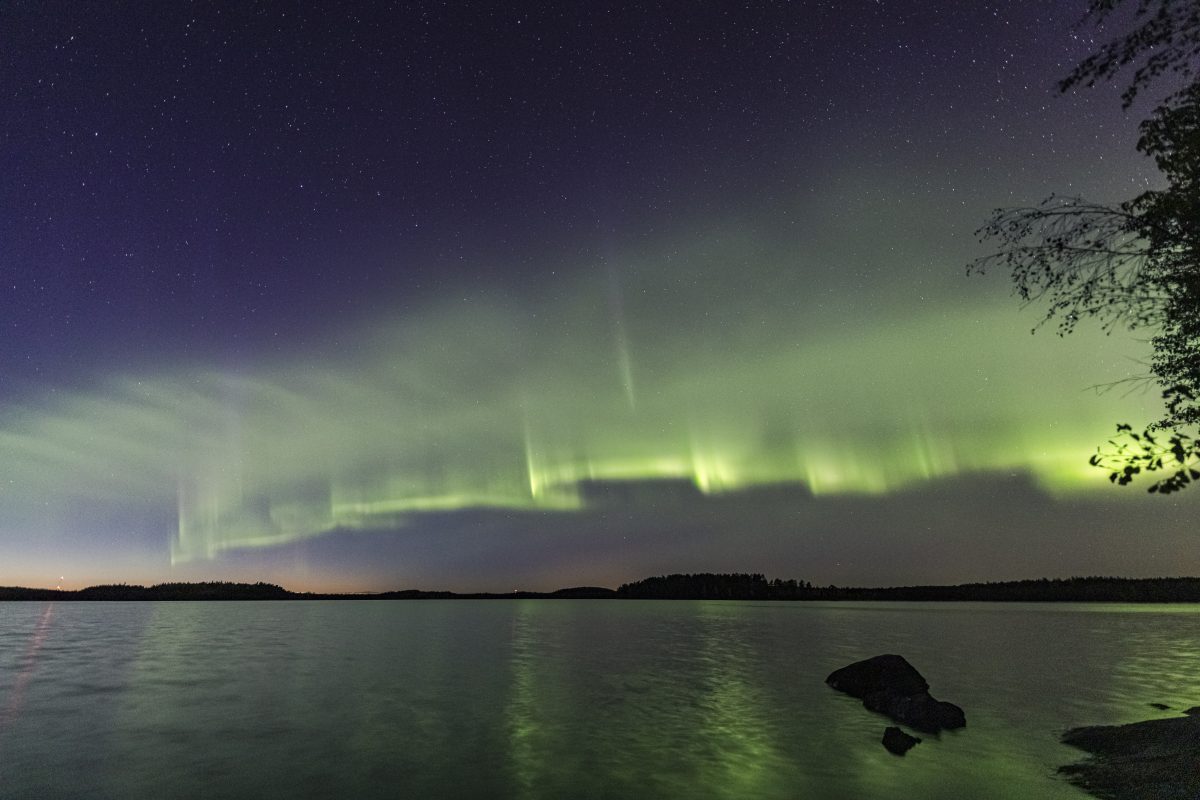I’m Martta, an 8th grade student from Mainingin koulu located in Espoo. I spent one week in a space physics research group at the University of Helsinki as I was required to complete a work practice program. I am interested in physics and natural sciences in general so completing the program in a research group was a great opportunity.
During the week I had the chance to learn about a lot of different things regarding space physics. For example: On my first day I learned about Finland’s first science satellite, Foresail-1. All of the satellite’s systems and scientific instruments were made in Finland. The main instruments of the satellite are the PATE particle telescope and a plasma brake. It also has a camera and the MATTI magnetometer. The main point of the satellite is to gather knowledge helping to solve the problems of space debris in near-Earth space. The PATE particle telescope researches the radiation environment of near-Earth space. The plasma brake on other hand is needed when the mission of the satellite is over. With the plasma brake the satellite is able to descend to lower trails and eventually to the atmosphere where it will burn. Thus we’re able to decrease the amount of space debris.
Continue reading “Work practice with the UH space physics team”


